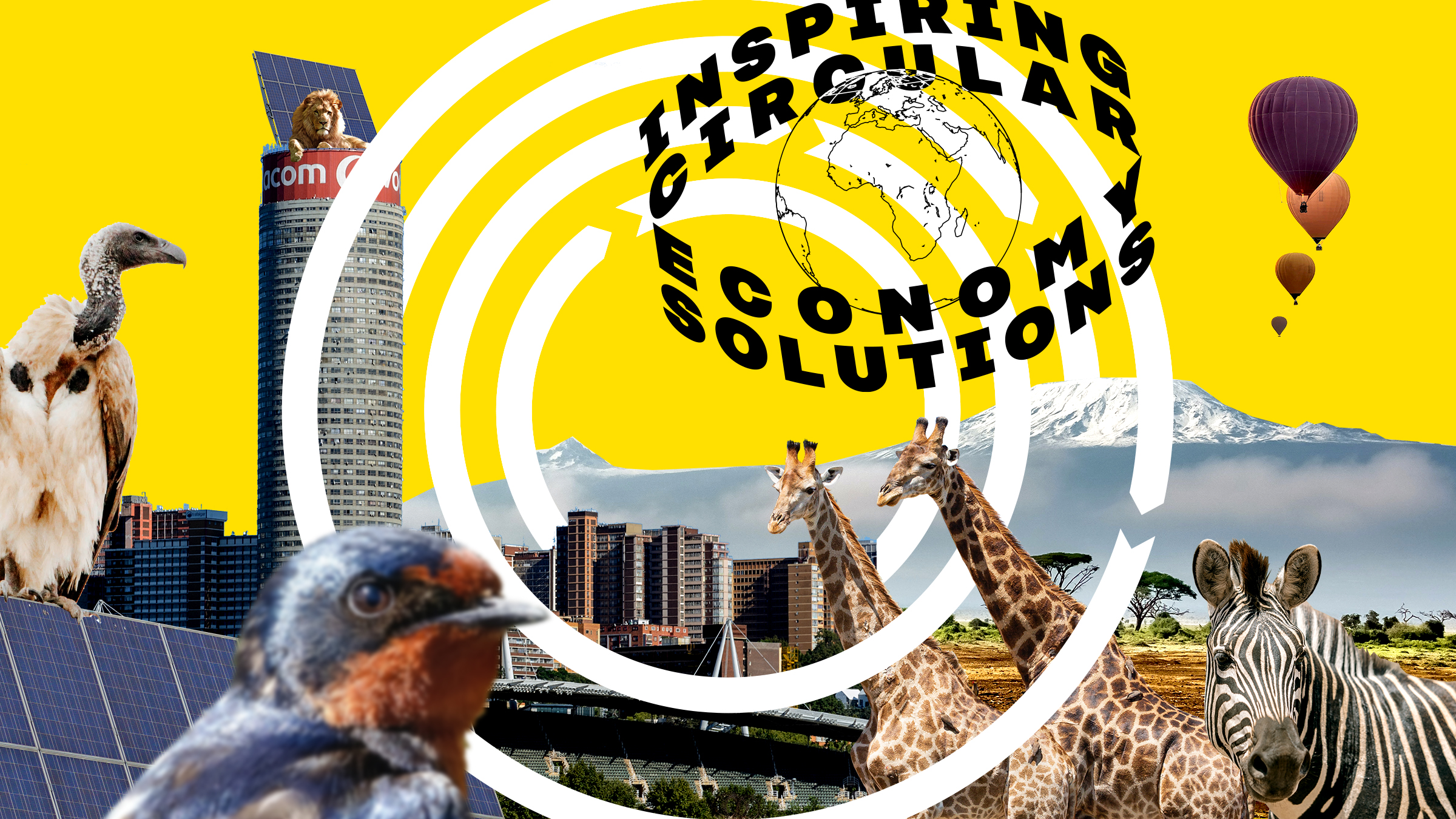According to the World Health Organization, one in every four people worldwide doesn’t have access to safe and reliable drinking water. Half of the people who have to drink unsafe water live in Africa, and the problem is particularly acute in Sub-Saharan countries. Born out of a collaboration among several universities in Africa and Europe, Vepox Filter uses moringa tree seeds to create reusable water filters.
Problem
Microbiologically contaminated drinking water can transmit diarrhoea, cholera and dysentery, and is estimated to cause nearly half a million deaths every year. Some modern water treatment methods, like chemical coagulants, are prohibitively expensive for much of the world’s population.
A traditional method of treating water in Africa is by boiling. This can kill microbes, but doesn’t remove other contaminants such as arsenic and nitrate. Boiling is also resource-intensive. It takes time to boil water, as well as fuel, which can contribute to deforestation.
Solution
Vepox Filter has developed an accessible and affordable filtration solution based on parts of the moringa tree. The deciduous moringa is a versatile tree. The leaves, pods and flowers are used in foods and traditional medicines, while the seeds can be used in several applications, including water purification. The seeds are dried and crushed into powder, which is used in the water filters.
The Vepox filters not only remove microbes, but also other contaminants such as arsenic, lead and nitrate. The product can filter up to 10,000 litres of water within a cartridge’s three months’ lifespan. Customers receive a reminder to replace their cartridges every three months through software developed by the team.
Business potential
Vepox Filter sells initial filters and replacement cartridges for their customers. The cartridges are reusable, so after they are returned and reactivated, they are sold to the next customers. The potential market in Uganda alone is huge: according to UNICEF, a third of Ugandans don’t have access to safe water, which is about 15 million people.
Social and environmental impact
Vepox Filter helps people access safe drinking water, potentially saving lives from water-borne diseases.
Their operations minimise the use of resources. The filters work with gravity, so require no electricity or fuels to use. Also, instead of discarding old filters, they renew and reactivate them for reuse. Reactivating the old cartridges does not require electricity.
Moringa trees grow naturally in many parts of Africa, and only the seeds are used in the filters. The company will begin to plant a tree for every filter they sell and anticipate they will save 145,000 trees by their 5th year.
The company employs women farmers who supply moringa seeds and young people who dry them.
Future
One major challenge Vepox Filter has faced is financing, but they have become adept at bootstrapping and have received funding support from universities and a government ministry. They are continuing to offer different products for different market segments, like a small filtered bottle that would fit in a pocket to a large 6-litre pitcher that could be used by restaurants.
Want to learn more about circular economy solutions in Africa? This year’s World Circular Economy Forum will take place in Rwanda on 6–8 December. Check out the programme and register for online participation.


Inspired?
Check out all solutions.